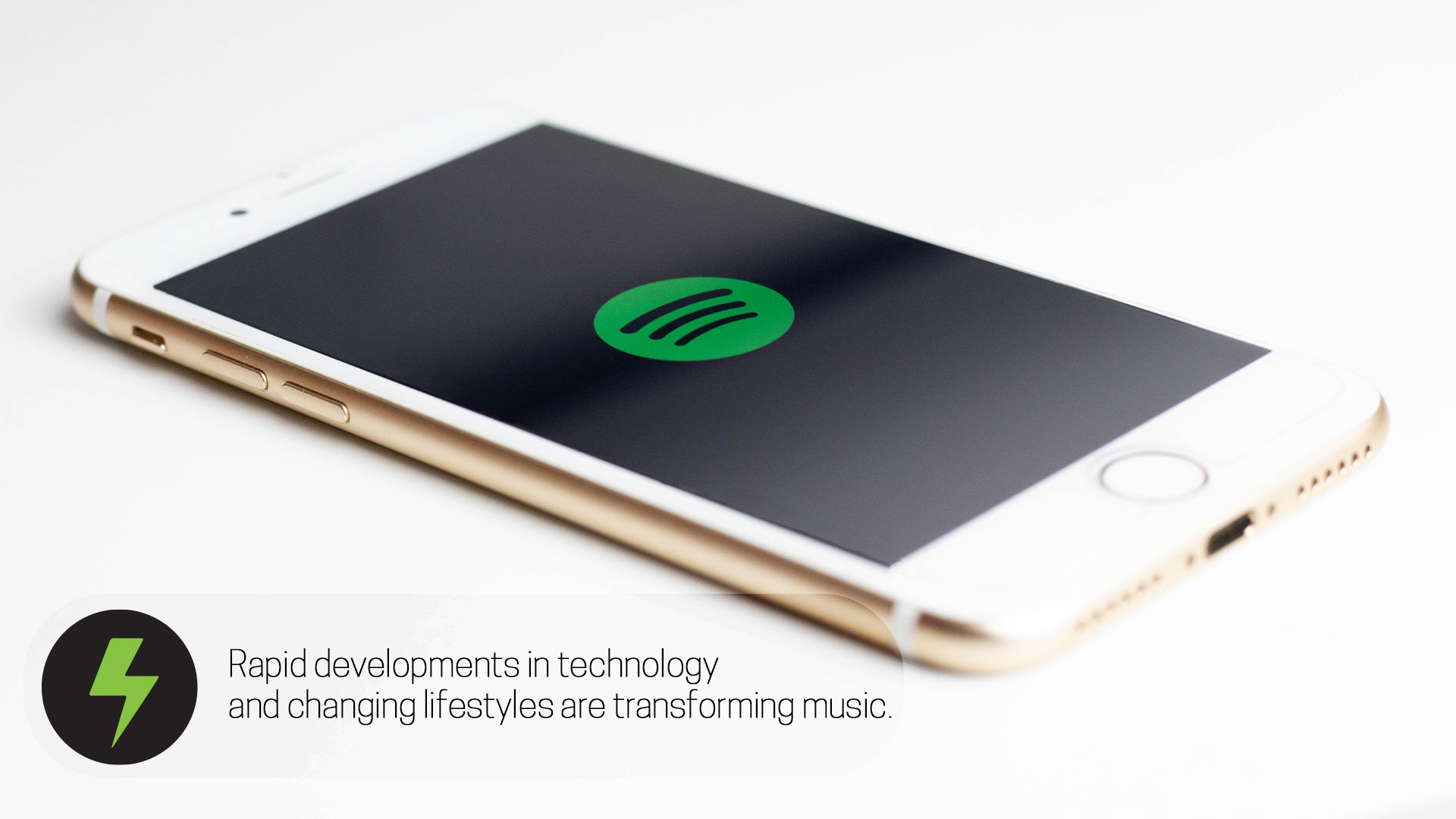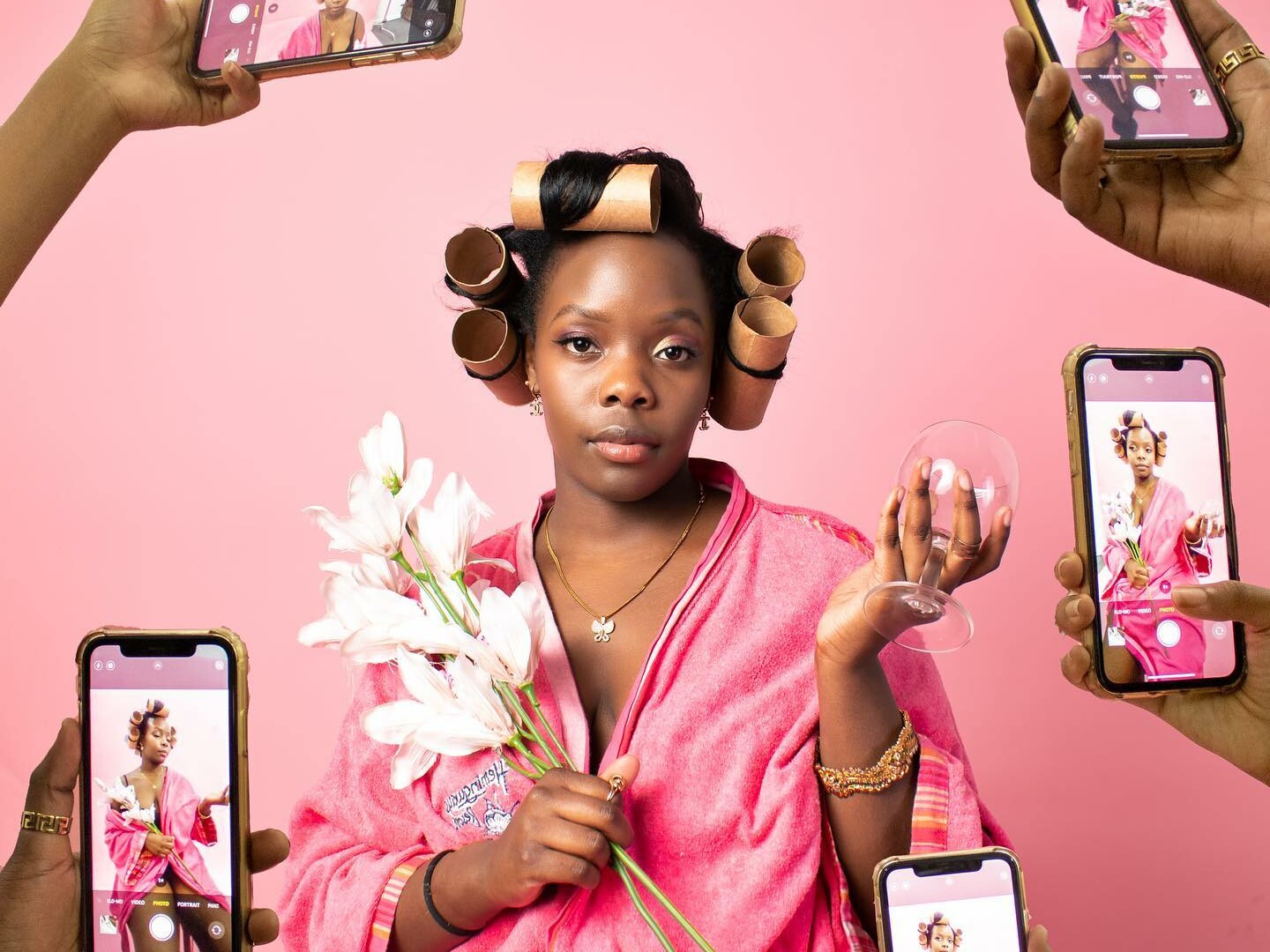It is quite interesting to live in a time when the music industry is experiencing major shifts. Rapid developments in technology and changing lifestyles are transforming music. I feel fortunate that I won’t have to read about all these changes as part of some theoretical music history lesson some time in the future.
Enter playlists
Slowly being phased out is the album in favor of neatly organized music playlists. Instead of listening to Jay Z or Nat King Cole, we now listen to ‘rap music’ and ‘relaxing jazz to work to’.
Music can no longer be said to be a complementary addition to other life activities. Supported on the back of streaming popularity and improved internet speeds, we have integrated music seamlessly into everything. Cooking some pasta in the kitchen? Simply shout ‘play me cooking music’ and your virtual assistant will do the rest. Working on a new blog post for your company? Relaxing with your friends in the Mara? Fixing the spark plug in your vehicle? There’s a playlist for all that.
It feels like Christmas for music lovers. Having access to the world’s discography is a pretty sweet deal. It also comes with its challenges.
Varied tastes
How do you decide what music to listen to? Your music palate is not of a single mind. Today you might want to vibe to some reggae music. Tomorrow you might be full of excitement and energy. In all those occasions you want your music to reflect that disposition. Enter playlists. On Spotify alone, music lovers generate 1 billion music playlists daily. These playlists have no limitations. They are not bound to genre, artist, demography or any metadata for that matter. The new music playlists users generate are mood playlists and activity playlists.
Spotify, the largest streaming service in the world recently acquired Niland. Niland is an Artificial Intelligence company that aims to empower music search and discovery with Artificial Intelligence.
Clearly, the landscape has shifted. Those who don’t adapt will die out. We might remember them in a passing conversation about nostalgia but they’ll be dead. “Here lies a great music platform.” we’ll say. Then we’ll ask our smart speakers to play us whatever we want. Like an old friend who knows you, the smart speaker will deliver promptly because someone else is out there adapting right now.
Wakilisha Staff
Our mission is simple: to uplift and safeguard African culture, with all its diversity, for generations to come. We celebrate our heritage and ensure its enduring legacy through in-depth coverage of the happenings across the continent, engaging initiatives, and collaboration with other African cultural practitioners.





